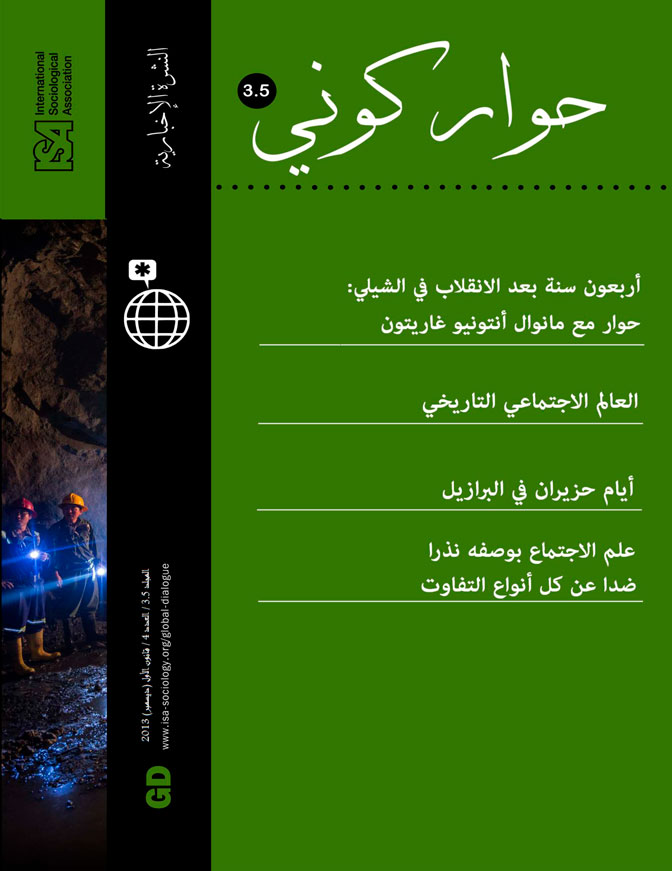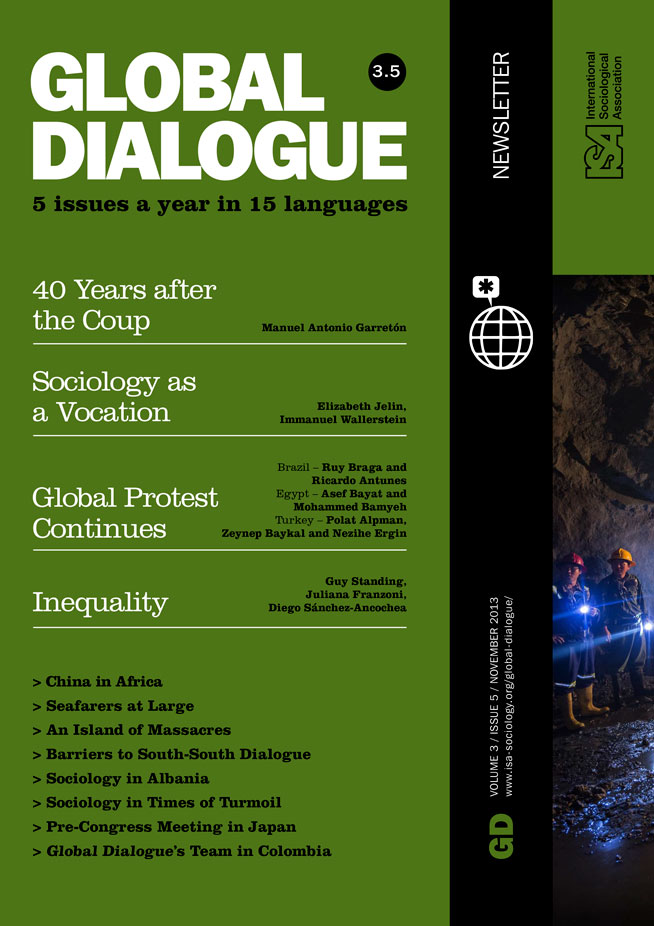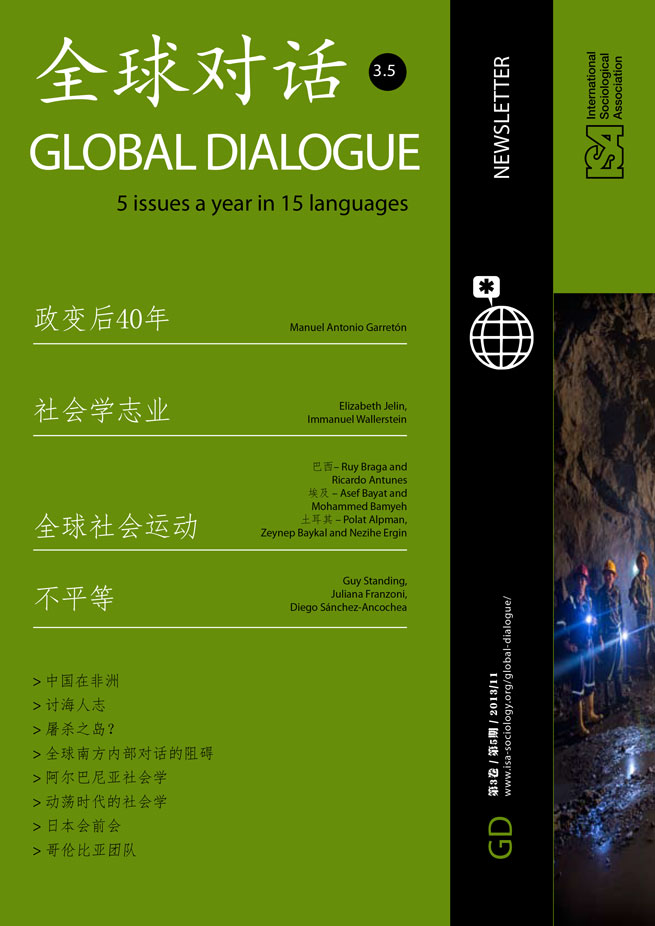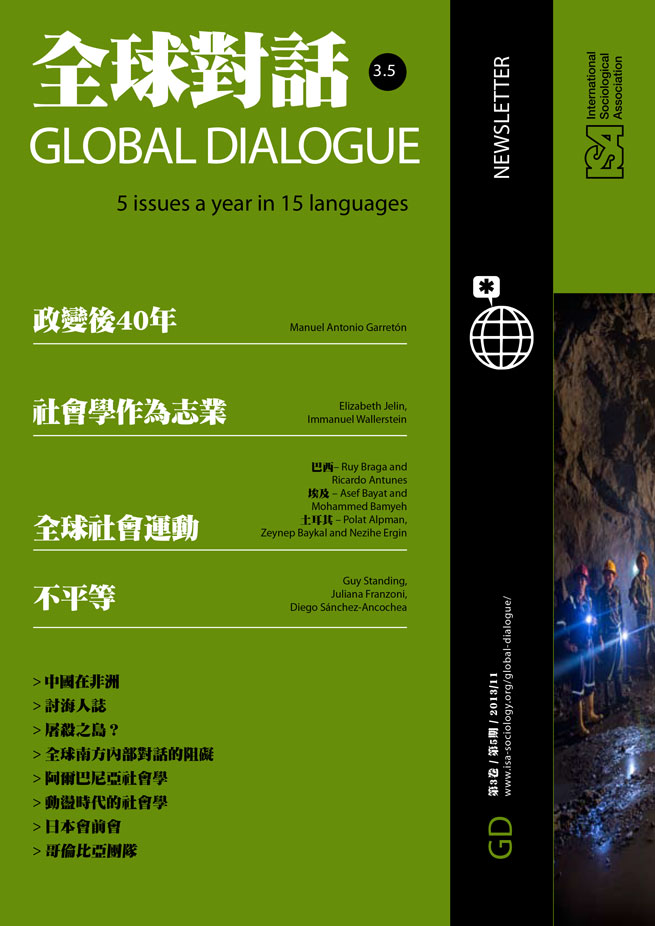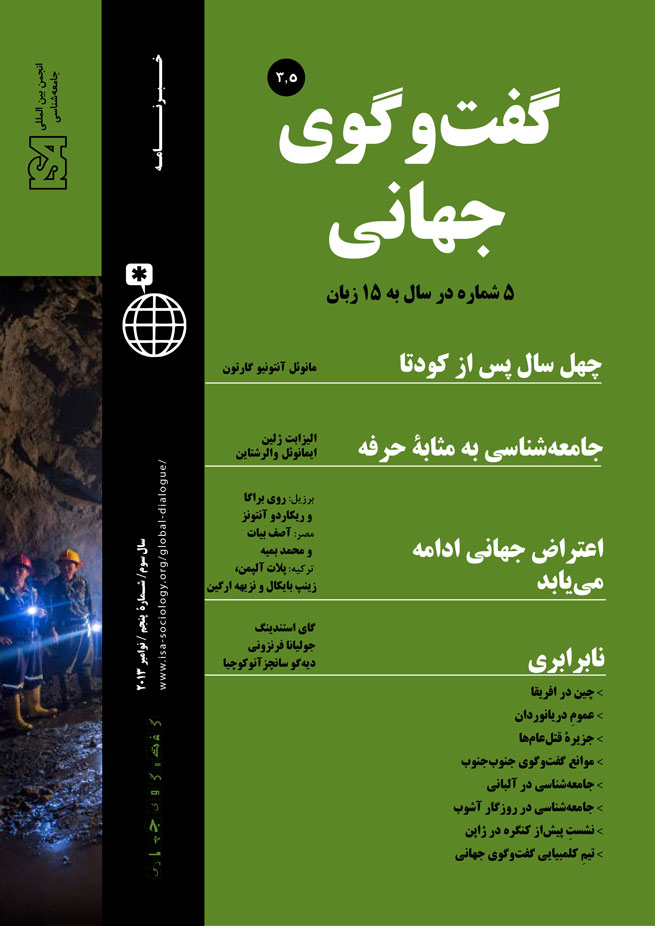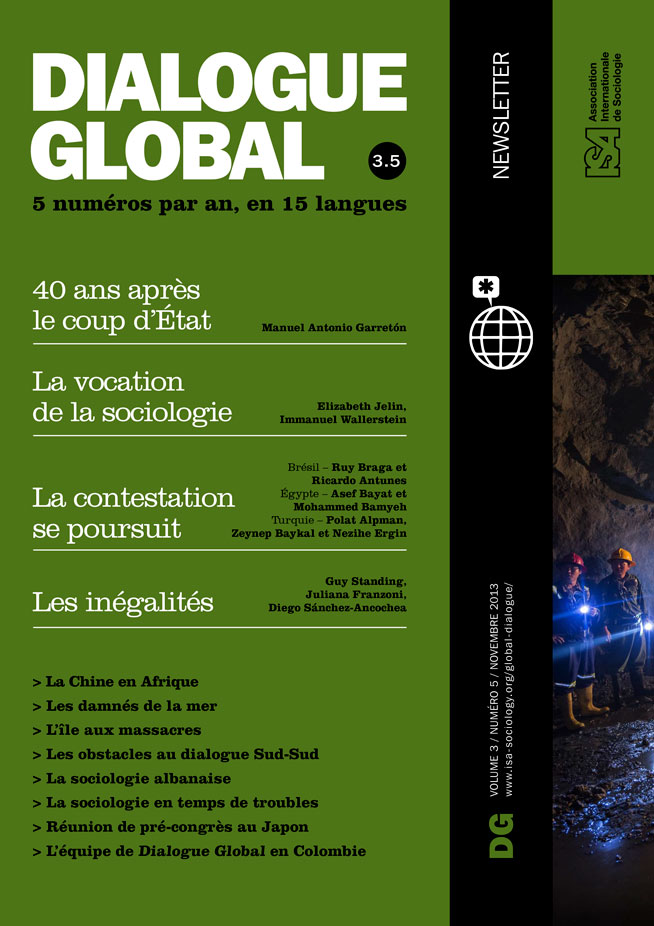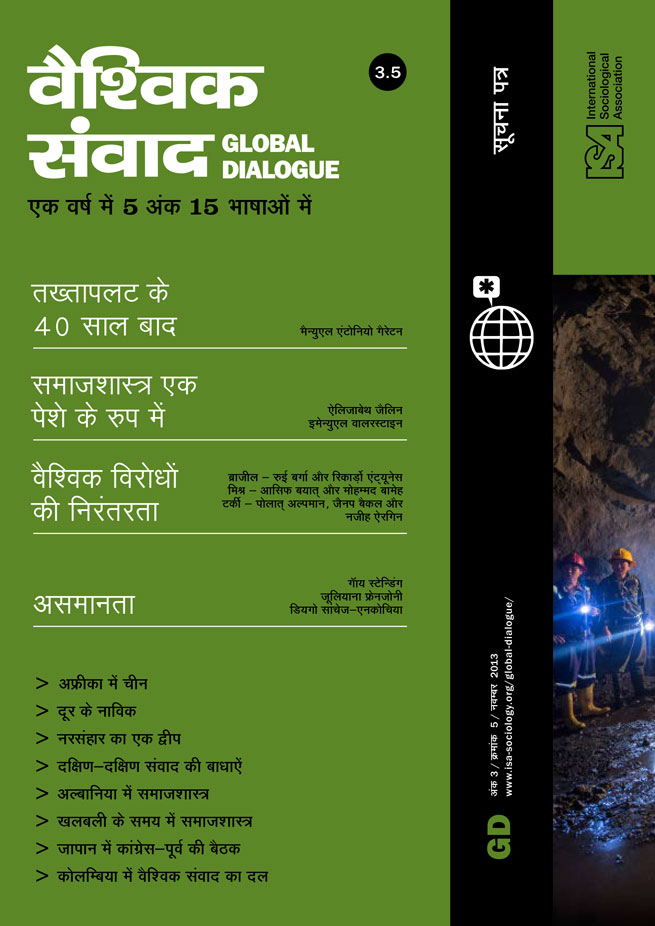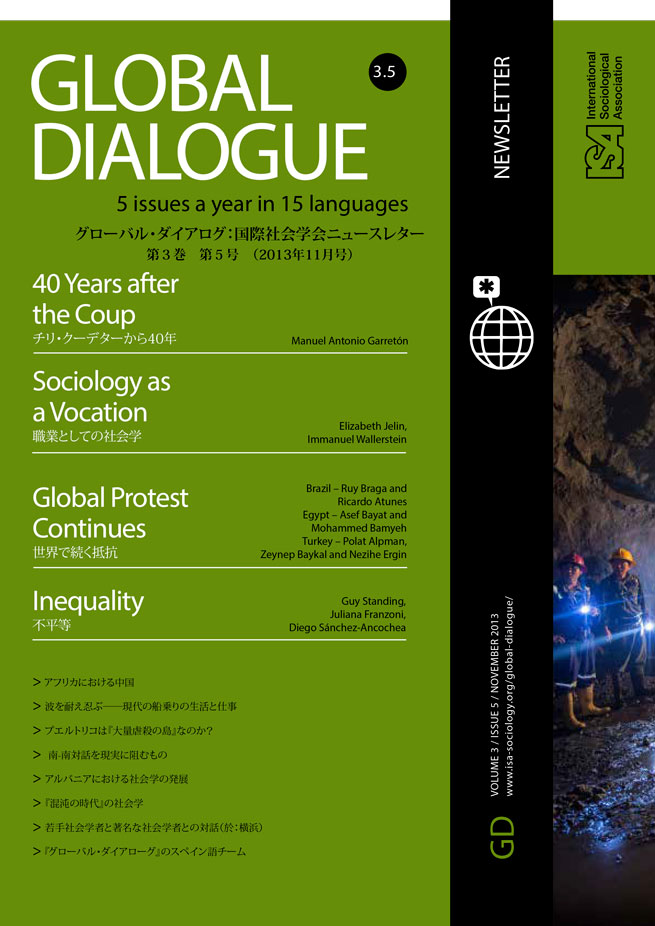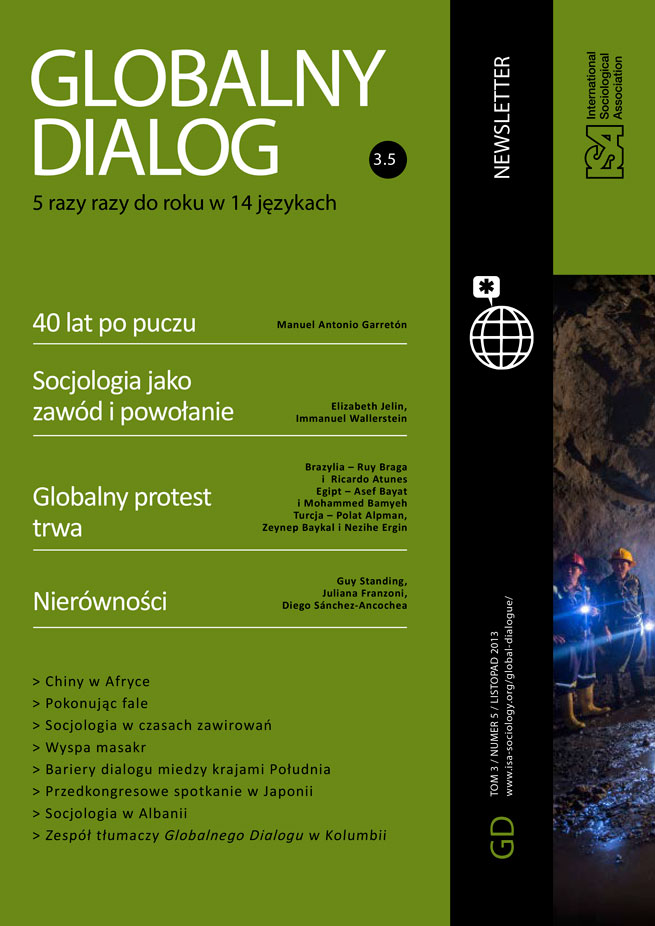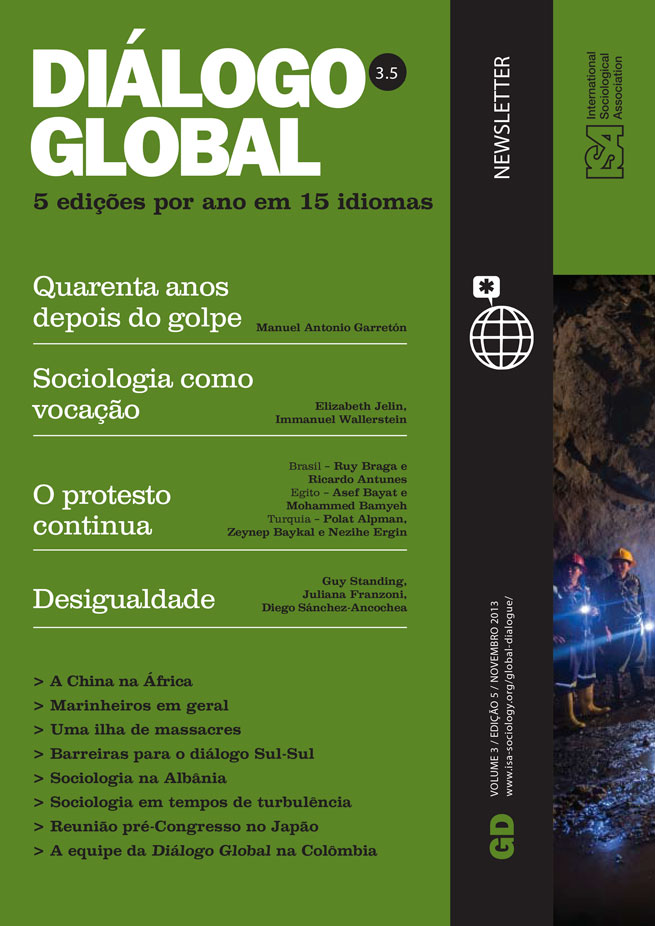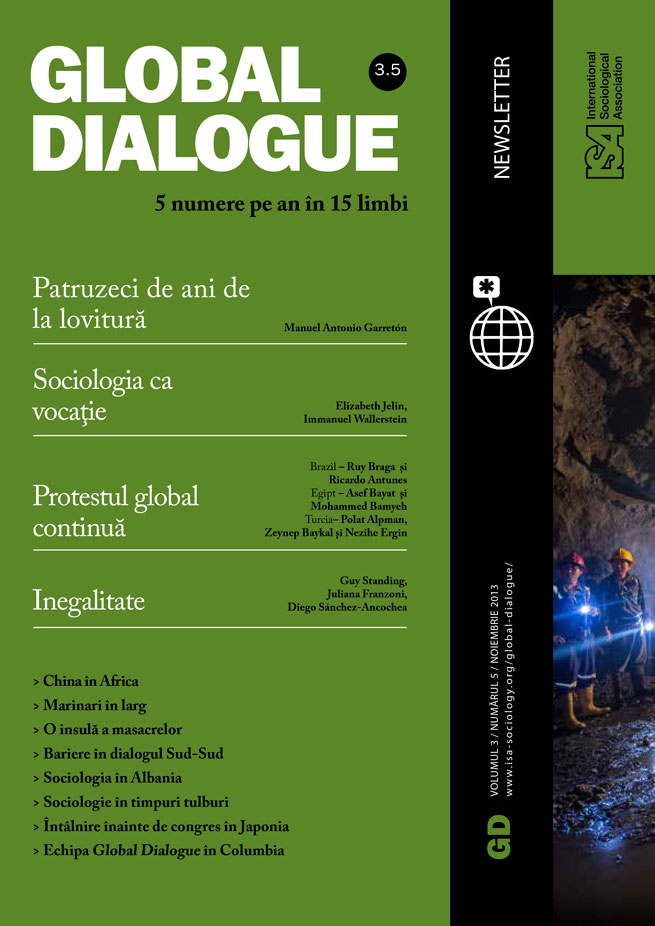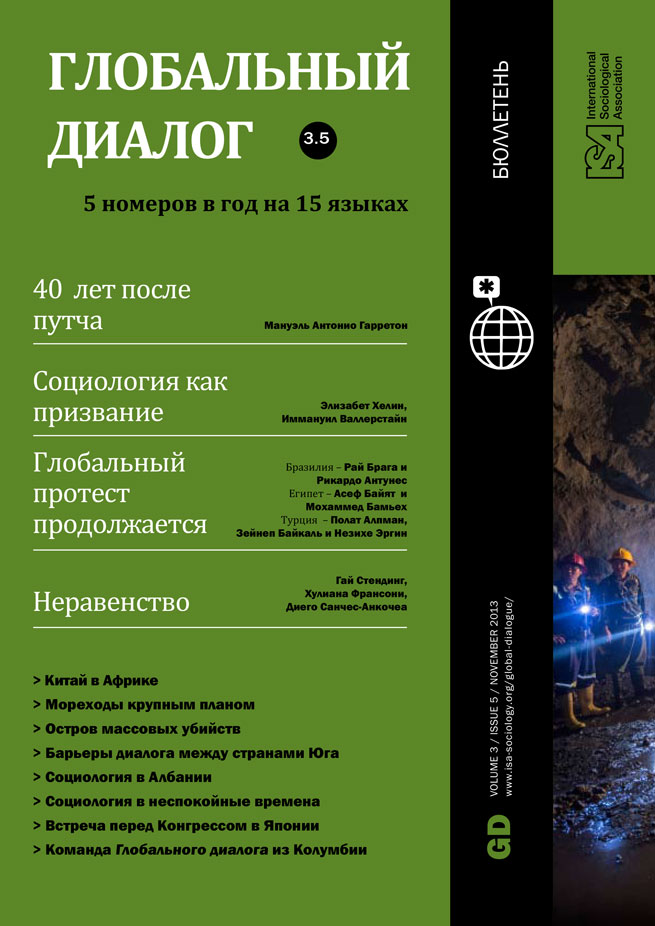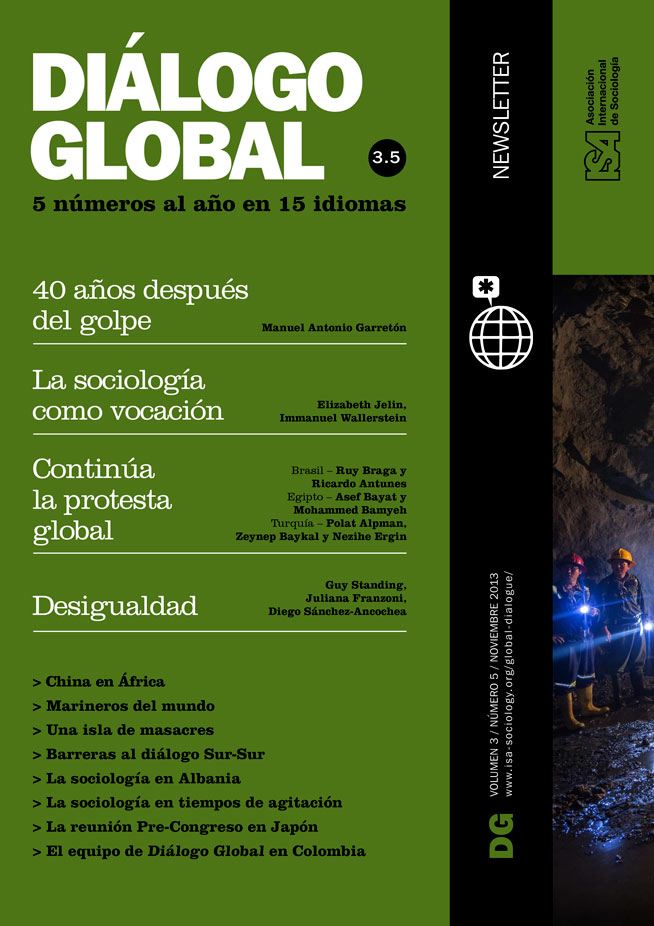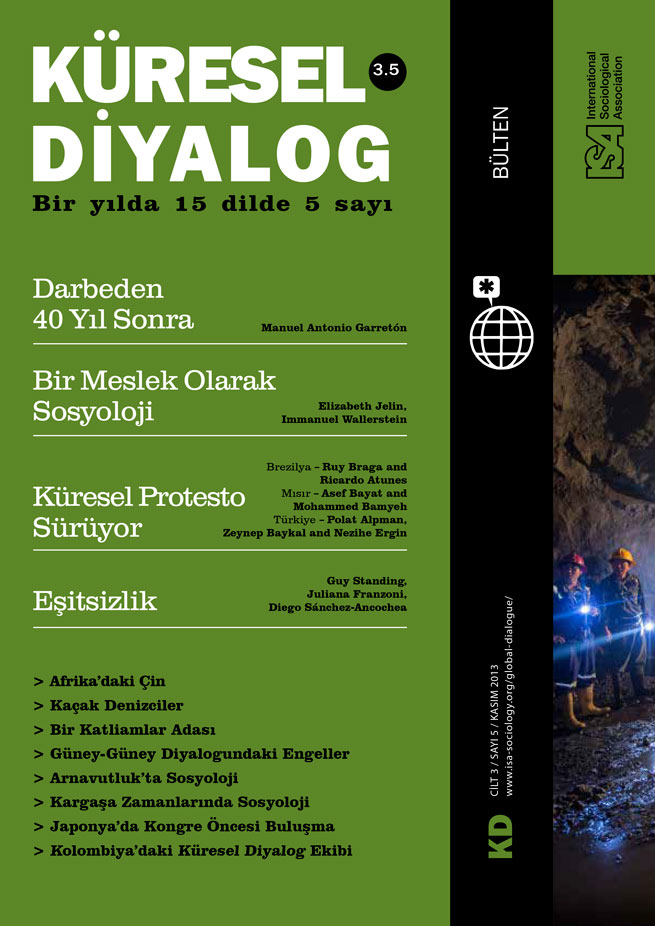Forty Years after the Chilean Coup: Sociology under the Dictatorship An Interview with Manuel Garretón (Part I)
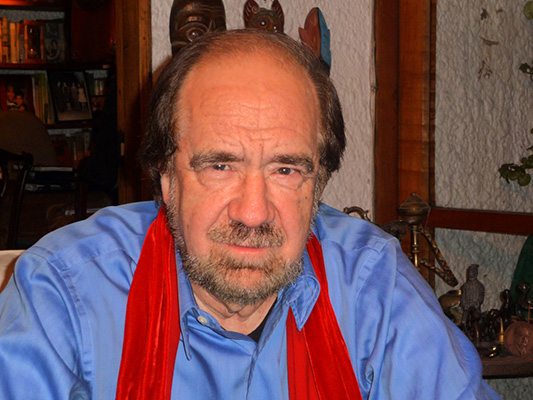
October 25, 2013
Manuel Antonio Garretón is one of the most well-known social scientists in Latin America. He graduated from the Catholic University of Chile and received his PhD from École des Hautes Études en Sciences Sociales in Paris. He has been the director of many academic institutions, taught in foreign and national universities and has been advisor of national and international, public and private organizations. There is little that he has not studied, but always with a political and theoretical lens. He is the author of many books on authoritarian regimes, social movements and the politics of transition as well as on the state of social science in Latin America. He is Professor of sociology at the University of Chile, recently held the Simón Bolívar Chair of Latin American Studies at Cambridge University, UK, and was President of ISA’s Research Committee on Social Class and Social Movements (RC47), 1998-2000. In 2007 he was awarded Chile’s National Prize of the Social Sciences and Humanities. The interview took place in Santiago, July 27, 2013.
MB: Manuel Antonio, over the last 50 years you have experienced some of the greatest and lowest moments of world history. Early on you were President of the Student Federation at the Catholic University in Santiago, after which, in 1967, you went to Paris to study under Alain Touraine. There you were thrown into the turbulence of 1968. In 1970 you returned to Chile, to discover an effervescent movement that would bring Salvador Allende to power. But here I am interested in the last 40 years since the coup. So, tell me, what were you doing in 1973?
MAG: After I returned from France I became director of the Center for Interdisciplinary Social Studies. It was a Marxist center, housed in the Catholic University, with leading social scientists. When the coup came I was expelled from the university, and my center was closed. I was 30 years old and I faced two options, either go into exile or stay. I was involved in university politics, always connected to national politics, so I stayed.
MB: But how did you survive under the dictatorship as a critical intellectual, a sociologist?
MAG: The military took over the universities and expelled people of the left that in some universities were the majority and in others, like in the Catholic University, were a minority but a very significant minority because of their intellectual production and their influence over students. Those who stayed tried to gather under the umbrella of some existing institution or create new institutions. The same thing happened across Latin America where there were military regimes. An example was CEBRAP, the center in São Paulo created by Fernando Henrique Cardoso and his colleagues.
We could not create anything new so we went under the umbrella of FLACSO, the Latin American Faculty of Social Science that, until the coup, had been a living institution for training sociologists and political scientists at the graduate level. This operation was supported by important external foundations like the Ford Foundation, the Friedrich Ebert Foundation, Swedish foundations and even the British government under Harold Wilson. Later when the military cut the diplomatic immunity of such international organizations we took cover under the protection of the Church and the Academia de Humanismo Cristiano (Academy of Christian Humanism) created by Cardinal Raúl Silva Henríquez, which after the dictatorship became a university. But in the 1980s, other centers were created – consulting companies, corporations – that offered protection to social scientists.
MB: What were you able to do in these organizations, for example, in FLACSO?
MAG: You must remember that Chile was one of the main headquarters in Latin America for international organizations. With the coup the flow of students dried up and FLACSO became a kind of empty institution, but those who stayed and new arrivals like myself devoted ourselves to research. In the beginning people came to study with us informally and in some cases – and this is very interesting – some teachers that stayed at the university sent us their students. We gave lots of courses, untitled and without credit, especially later through the Academy of Christian Humanism. We tried to fill a gap in the new generation’s education. They wanted to know what was going on in their country and in Latin America, and we were doing research on these topics. So it was a kind of free, informal, open university or counter-university.
But teaching was a small part of our job. Our main work was research, a lot of seminars, debates, going abroad, and inviting new people. It was some kind of public sociology in an authoritarian context!
MB: How was it that you had so much freedom under a dictatorship?
MAG: What you should understand is that the military did try to take over everything. In FLACSO, for example, because it was an intergovernmental agency, they appointed a military general to the council. He was later promoted to colonel and then was even appointed Rector (Chancellor) of the University of Chile. Although they tried to control these organizations and the Catholic Church too, it was nonetheless very difficult. They tried to sever the relations we were building with social movements, and after the first two or three years of heavy repression, they continued to censor our publications, the results of our surveys. But when they began the new economic order of neoliberalism, they also needed market research, and surveys were once again allowed. They tried to control the questions but only in an ineffectual and primitive way.
MB: If you were doing so much research, were there any obstacles to collecting data?
MAG: That’s an interesting question. You know, as a dictatorship, the military government was manipulating the data to such an extent that we could not rely on them. We had to produce our own data. For example, the economic institute, CEPLAN, that was led by Alejandro Foxley, who later became Minister of Finance in the democratic government, was forced to create parallel accounts. Other institutions had to calculate their own price index because the government measure was so distorted.
MB: So that’s about data, but what about theory? At that time how did you think about the dictatorship and its future?
MAG: In Latin America in the 60s you had a new wave of social science, centered on Marxism that took over universities and replaced modernization theory. But the reality of dictatorship was entirely new. So we started looking for other frameworks. And I would say that in that moment, the Gramscian perspective was very useful in pointing to new fields. It opened a new window on the realities, and a door to exit from orthodox Marxism. And also, this was an important moment for political science that had hardly existed since sociology had been THE social science. Sociology is not good for studying political regimes; it’s good for studying social conditions of regimes or the social actors who will oppose regimes, but not for studying how a political regime works. So the sociologists became political scientists, or as we called ourselves “politólogos.”
MB: As you describe it, it seems as though you were free to do whatever you fancied. I presume you were writing about this, too?
MAG: Oh, we wrote a lot, and published it here in Chile. In the 80s FLACSO started a book series that included my own El proceso político chileno. I gave you a copy of the English translation, The Chilean Political Process. We also had our journals though some were banned. In the final analysis, these dictatorships were authoritarian regimes in the sense of Juan Linz, rather than fascist totalitarian regimes which controlled your private life. Of course, some did experience such invasive control, but they weren’t able to control intellectuals, except in their public engagement. For example, we were never invited on TV. But we could take our research to the radio. We had columns in our journals. We offered intellectual material for the opposition, in part because our research connected to people’s lived experience. We were able to draw on experiences from elsewhere, such as the transition from dictatorship in Spain (1976) to show what kind of opposition was possible. We became advisors to student organizations.
MB: Were you already supplying critical analyses at the beginning of the dictatorship?
MAG: Yes, even then. For example, a few months after the coup, I clandestinely organized the Russell Tribunal Report together with my colleagues expelled from the university. It was part of a broader international initiative to denounce crimes against humanity in Latin America, but especially in Chile because the overthrow of Allende had attracted so much attention and concern from abroad. In those days there were no computers and we had to disseminate our report with carbon copies!
With this kind of regime there were spaces, some of them protected by the church, some by international organizations, and others that were not institutionally protected at all because the military didn’t care. I think it also helped that Christian democracy moved from support for the coup to the opposition, protecting left intellectuals. So it was, that if you wanted to repress the intellectuals it meant you had to repress Christian democracy, which would mean repressing between 50 and 70% of the population.
MB: So what happened to the ideas of socialism during the dictatorship?
MAG: Many of us were very active in what was called “socialist renovation,” that is rethinking the relationship between socialism and democracy, a kind of Eurocommunism. Looking at the the Chilean experience from 1970 to 1973, but not being deceived by the rhetoric – because the rhetoric was very Marxist – we asked, what was Allende’s project? This was not social democracy because social democracy does not try to transform capitalism. In that sense, at that time – for us – to be called a social democrat was an insult. Afterwards, it has been high praise! It was an attempt to create a socialism with democracy without any historical precedent or theoretical framework. There was no experience of Marxists democratically elected to the state, in government, explicitly trying to make a transition to socialism.
MB: So what, then, did the defeat of Allende mean?
MAG: Again, the specificity of the Latin American left is important. Here you had classical Leninist parties who saw the defeat in military terms. Of course, they were right, there was a military defeat of the left but there was also a failure of a project, a failure to grapple with what Allende and the Unidad Popular were doing. They were trying to do two things: maintain democracy and make socialism. But with what framework? With a Leninist framework! But that’s impossible because it presumes a dual power, and the popular power was, in part, already in the state with Allende.
MB: Aha. So what you are saying is that the Leninist theory did not correspond to the democratic socialist project?
MAG: Yes, the Leninist discourse was not appropriate to the project, but it did scare the middle classes and others with fatal consequences. Second, if you want to make a revolution, that involves drastic and rapid change in the socio-economic and political model, according to Leninist theory, you need revolutionary method, that is a group that seizes power, takes over the state, and creates new institutions and a new social order, which entails violence and weapons.
MB: All right. So what is the theory of the democratic socialist project? What replaces violence and weapons?
MAG: Socio-political majority. If you have the political majority – the social and political majority – in the democratic framework, you win. You isolate those forces that want to destroy the socialist institutions and restore the capitalist system. Creating a political majority is absolutely different from one country to another. If you were Argentinian I would say take over the Peronist party; win the leadership of the Peronist party and you are the majority. In Chile, to make a long story short, you have a society constructed after the 1930s, through the close relation between parties and social movements. Take the student movement – it was a federation in which the electoral candidates stood on different party lists. Student politics was like a youth wing of the party. It doesn’t mean manipulation, but a kind of imbrication, intertwining that meant that the student movement was never separate from national politics. More generally, you didn’t have social class in the strict terms, but each economic class was organized in relation to parties.
MB: So how do you create a political majority, then?
MAG: How do you create the majority? Coalition of parties. And how do you create a majority in a country divided into three main political forces – each one with several parties inside? The right included the liberal and conservative parties, and then in the 60s the National Party. The center, during the 30s and 40s, was represented by the Radical Party, and was later replaced by Christian Democracy. And the left included communists and socialists, but in the 60s also other minor parties that split from the center. So long as the left doesn’t have a political majority for transforming the whole of society, it has to make an alliance with one of the other poles, the center rather than the right. In the 1973 parliamentary elections Allende or rather Unidad Popular got 44 percent, but 44 percent in a democratic system is not a majority.
MB: But to make a coalition with the center means you compromise your project for transformation.
MAG: Undoubtedly. That is a problem. But what would your friend Gramsci say? You compromise in order to try to convince your ally, but with mobilization and social forces, not with weapons. That is politics. So that was the main lesson of 1973. If you want a major transformation of society within a democratic framework, and to deepen this democratic framework – you must have the political majority. Electoral majority, that is more votes than any other party, is not enough, you need a socio-political majority, expressed in percentages of votes greater than 50. In one of his famous speeches, around 1974, Berlinguer [the National Secretary of the Italian Communist Party, 1972-1984], says: “We will win the next election in Italy but we will not take office if the Christian Democracy will not join us in government.” In order to make big transformations you need a majority to isolate the conservative, restorationist, and military forces.
So to summarize, during the period after the coup we were working on what we called the socialist renovation: to create a new theoretical framework to address the relation between democracy and socialism. This involved the discussion of the dilemma you point to, but the discussion was really all about justifying building a coalition with Christian Democracy to fight the dictatorship. Since 1980 the Communist Party has been against this strategy.
MB: Next time we will discuss the implication of this “majoritarian” strategy for the overthrow of the dictatorship and the limits it set for the political regime that followed. For now, thank you Manuel Antonio for such a fascinating account of life and thought under the dictatorship.
Michael Burawoy, Editor of Global Dialogue
Manuel Antonio Garretón, Chile

